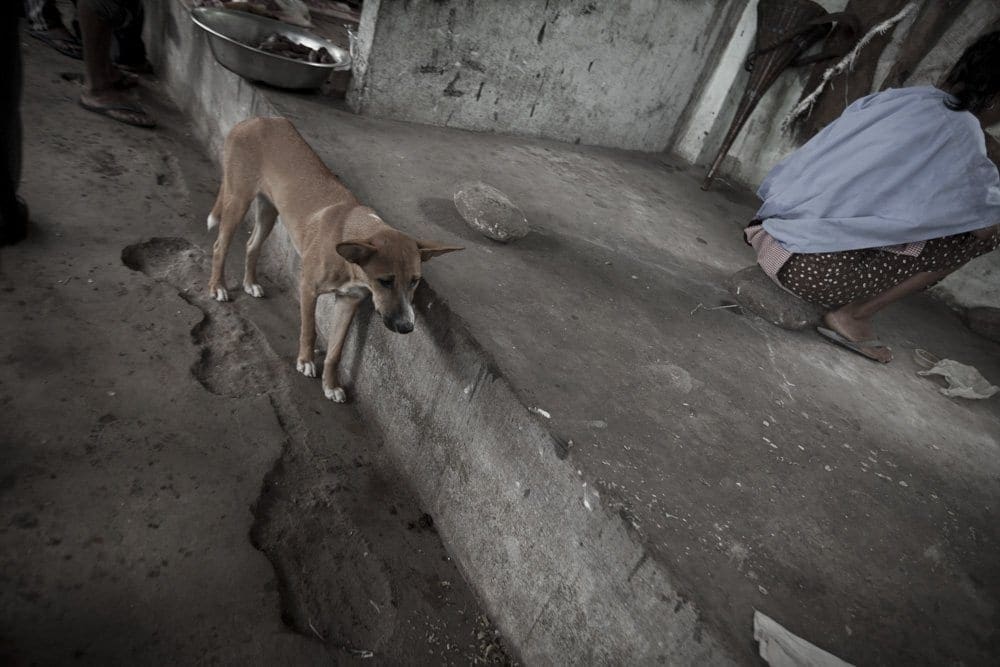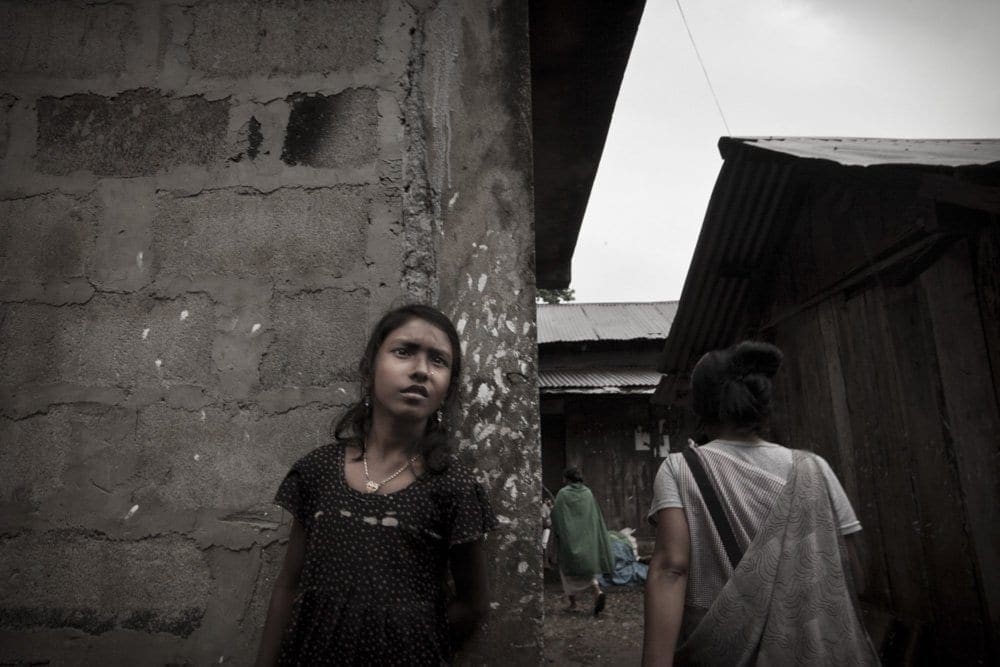A history lost in the millennia
For almost two centuries, the English mispronounced its name into Benares because – it is said – they could not pronounce it correctly. But since time immemorial, the name of the sacred city where everything originates and to which everything returns is Varanasi, in the state of Uttar Pradesh in northern India.
Sandwiched between two tributaries of the Mother Ganga, Varuna to the north and Asi to the south, Varanasi-or Kashi, as Hindus call it in honor of the Aryan people who settled on the banks of the great river in 1200 B.C.-is the place where Hindus reunite with the divine. Where all sins of karma are atoned for. Where the gates of Moksha (the endless cycle of reincarnation) open, forcing rebirth in the earthly illusion.
Varanasi is the land of the gods, where there is no difference between sacred and profane because everything here is holy. From the streets of the old city to the lanes leading to the ghats, from the strong smells to the rite of death that is nothing but transformation, from the colourful sarees spread out to dry on the walls of the Dhobi Ghat to the ashes that reach the waters of the great sacred river. Varanasi is the city every Hindu must step to at least once in their lifetime. It is the city where every Hindu aspires to die.
Varanasi is not a commonplace, not hearsay
In the Western imagination, Varanasi is there long before it is understood. But the sacred city must be known, walked on, seen in its colours, breathed in its smells. And to be able to do that is to enter the meanderings of this religion that is the very sense of the existence of this people.
To know it is to abandon our stereotypical baggage, the fleeting and useless photographs of ghats, funeral pyres, and pilgrims’ ablutions in the Ganges. Knowing it is not enough imagination, which often hides the lack of spirit. To tell the story of Varanasi, you have to live it, be there, get lost in the small and dirty streets, and feel it. In its infinite sadness and poverty, Varanasi is that profound experience that strips us bare, that experience that confronts us with the difference. For Hindus, it is the city of the myth of gods and happiness. The sacred place where everything originates and to which everything returns. And while the rowdy mass of tourists tries to wrest the meaning from it by tearing it to shreds with preconceived notions and judgments, travellers let it freely enter themselves to come out different, changed, with something more.
For after Varanasi nothing remains the same.
In Shiva, city, everything is naked, and nothing is hidden. An endless cycle between life and death, wealth and poverty, construction and destruction. Palpable on the skin even before the eyes, death itself takes on spectacular, theatrical forms. And despite the burned flesh and smashed skulls, even in the ashes that scatter in the waters of Mother Ganga the power of life is once again felt.
The Life of the Last Journey to the Gods.

An immersive experience in the old town
For a group of up to 5 people in the state of Uttar Pradesh, North India, this is a residential workshop, immersive and strenuous field work, getting hands and feet dirty, designed and developed for those photographers and reporters with a desire to increase their experience, training and expertise in documentary photography, reportage, photojournalism, and storytelling.
One or more topics to be developed will be reasoned and prepared with each participant: an authentic assignment to take home. From researching the information to planning the work and producing the report.
The aim is to acquire the processes and experiences of documentary photography under real-life conditions. Little theory, then, but much practice to gain experience
Field work in Varanasi
Each participant, following their work, will come into direct contact with people and the local community and experience firsthand the situations and daily life they will then go on to document. There will be no discount for anyone: everyone will have to put themselves on the line to bring home the result.
A unique opportunity to work in the field, with all the difficulties and necessities that a reportage job requires: from managing contacts on the ground, to traveling, to resolving unforeseen issues, to producing the final material.
And what better opportunity to put yourself to the test than this, with the security of having a guide at your disposal who has not only experienced these situations but can also master them and provide valuable tips for dealing with them even when you are out in the field, on your own.
To close the day, there will be editing sessions of the work done so far, with ample time for discussion and debate every evening- and sometimes at night. The permanent guidance of Gabriele Orlini will ensure the right direction in the development of the projects and will be continuous support for each participant during the fieldwork.
This is not the right opportunity if you are looking for an all-inclusive trip or a relaxing workshop. Here we want people who know their abilities or future professionals who can pull out unimaginable resources but also know when to step aside. Not superheroes but witnesses to stories.

